As it was previously brought to attention by AVİM,[1] London School of Economics and Political Science’s (LSE) Contemporary Turkish Studies chair organized a conference titled “Encountering the Past in Turkey” where defamatory remarks against Turkey and the Turks.
As could be understood from the conference info in the LSE website,[2] the conference offered a one-sided view on the events of 1915. It is understood that all speakers accepted the Armenian genocide as a fact and there was not a single speaker offering any opposing view at the conference. Let alone the one-sided views expressed in the conference, according to the information received by AVİM, the conference turned out to be a platform for the defamation of Turkey. The speakers tried to defame, accuse and criticize Turks and Turkey by putting forth numerous false information.
Furthermore, people among the audience who wanted to express their opposing views and criticize the speakers were tried to be silenced through verbal harassments, mockery, interruptions etc. It is obvious that the speakers wanted to impose their views on the audience through such behaviors and suppress any other dissenting opinions. It was also observed that the speakers equated the rejection of ‘Armenian genocide’ claims to Holocaust denialism. It should be once again emphasized that the ‘Armenian genocide’ claim is not legally and historically based. Therefore the rejection of this claim cannot be equated to the denial of the Holocaust – a historically and legally proven fact.
Despite being announced to be free and open to all, it was seen that some participants were also interrogated. Some of the participants were asked weird questions such as who they were, where and for whom they worked, for what purpose they attended the conference and by whom they were sent etc. Additionally, they were prevented from taking photos and making sound recordings.
The presenting document of the conference states “it is hoped that the conference will contribute to promoting acts of reconciliation that have begun in Turkey”. However, it is not possible to understand how a conference conducted in such a manner would serve this purpose. Such a conference in which a country is blindly criminalized and which lacks a just platform for discussion is certainly not the place to achieve this goal.
It was also brought to our attention that the organizers made several statements that amounts to “If you don’t like our conference and the views expressed here, do your own conference.” The issue here is not about the expressed views. People are free to believe and express whatever they want. The main problem is the way these views were expressed and the intolerance and disrespect against dissenting opinions. A conference within a leading and prestigious university such as the LSE should have been open and tolerant to different opinions. Unfortunately, this was not the case in this conference and it was conducted in a manner that was completely against academic principles and the universal principles of democracy and freedom of expression.
The fact that the Turkey-bashing session was organized by the Contemporary Turkish Studies chair is another saddening aspect of the event. This university chair, which was established with the support and funds from Turkish sources, should not have been a part of such an event.
Today, in Turkey, despite being the subject of ongoing defamations, accusations and criticisms on the events of 1915, people can freely express their opinions on the matter. We would have expected from the LSE and the Contemporary Turkish Studies chair to provide such an unbiased platform for discussion where different views could be expressed freely. Unfortunately, this conference turned out to be the opposite. We hope that in the future the LSE and Contemporary Turkish Studies chair would host events in which the both parties could objectively discuss their past and problems in light of just memory, offer their proposals for the resolution and contribute to reconciliation between communities. We would like to remind that AVİM is ready to contribute to such an event.
© 2009-2025 Center for Eurasian Studies (AVİM) All Rights Reserved
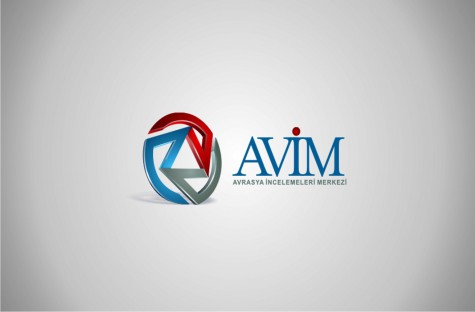
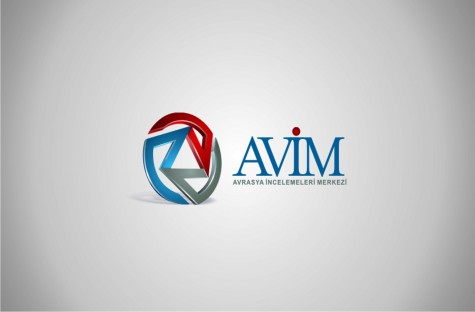 GERMANY AT THE FOREFRONT OF ANTI-TURKISM
GERMANY AT THE FOREFRONT OF ANTI-TURKISM
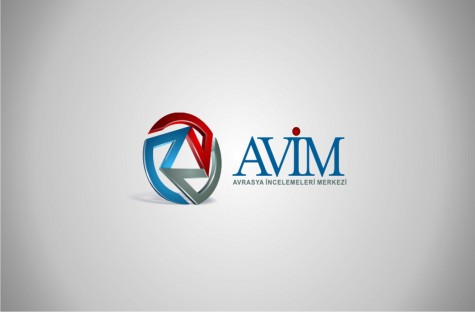 ARMENIA’S PROPAGANDA PROJECT IN EUROVISION 2015
ARMENIA’S PROPAGANDA PROJECT IN EUROVISION 2015
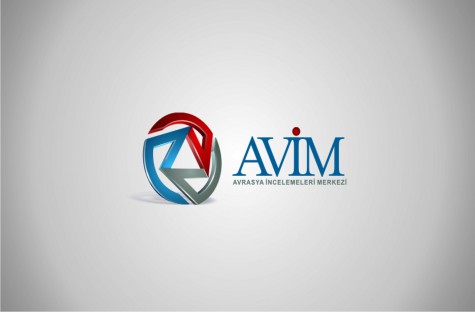 POPE'S CARELESSNESS
POPE'S CARELESSNESS
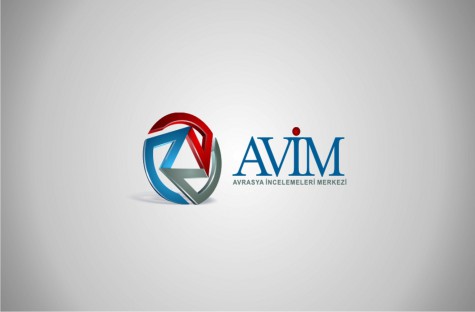 EU TO START NEW NEGOTIATIONS WITH ARMENIA ON A NEW AGREEMENT
EU TO START NEW NEGOTIATIONS WITH ARMENIA ON A NEW AGREEMENT
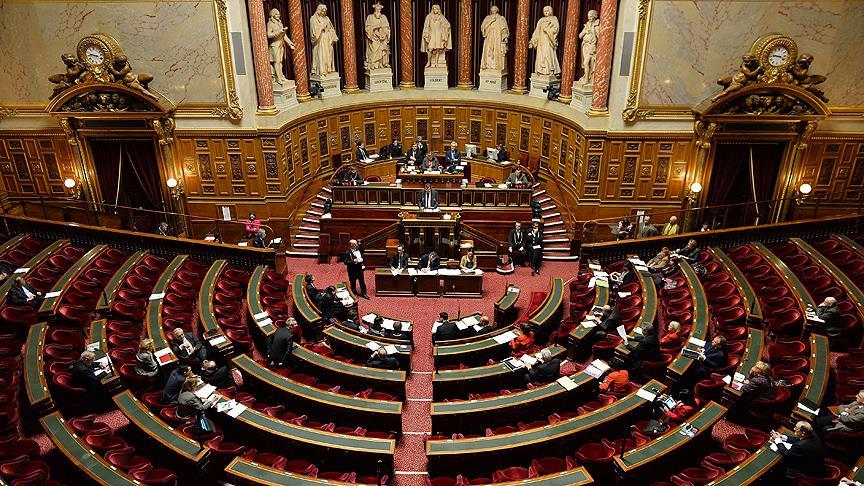 FRANCE ADAMANT IN COUNTERING TURKEY
FRANCE ADAMANT IN COUNTERING TURKEY
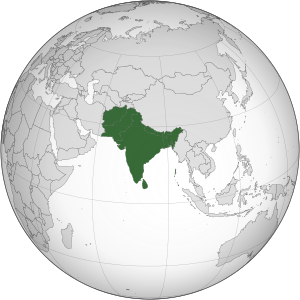 SOUTH ASIA: THE FIELD OF NEW ALLIANCES AND NEW CONFLICTS
SOUTH ASIA: THE FIELD OF NEW ALLIANCES AND NEW CONFLICTS
 "RUSSIA USING the ‘ARMENIAN CARD’" - COMMENTARY PUBLISHED IN HURRIYET DAILY NEWS
"RUSSIA USING the ‘ARMENIAN CARD’" - COMMENTARY PUBLISHED IN HURRIYET DAILY NEWS
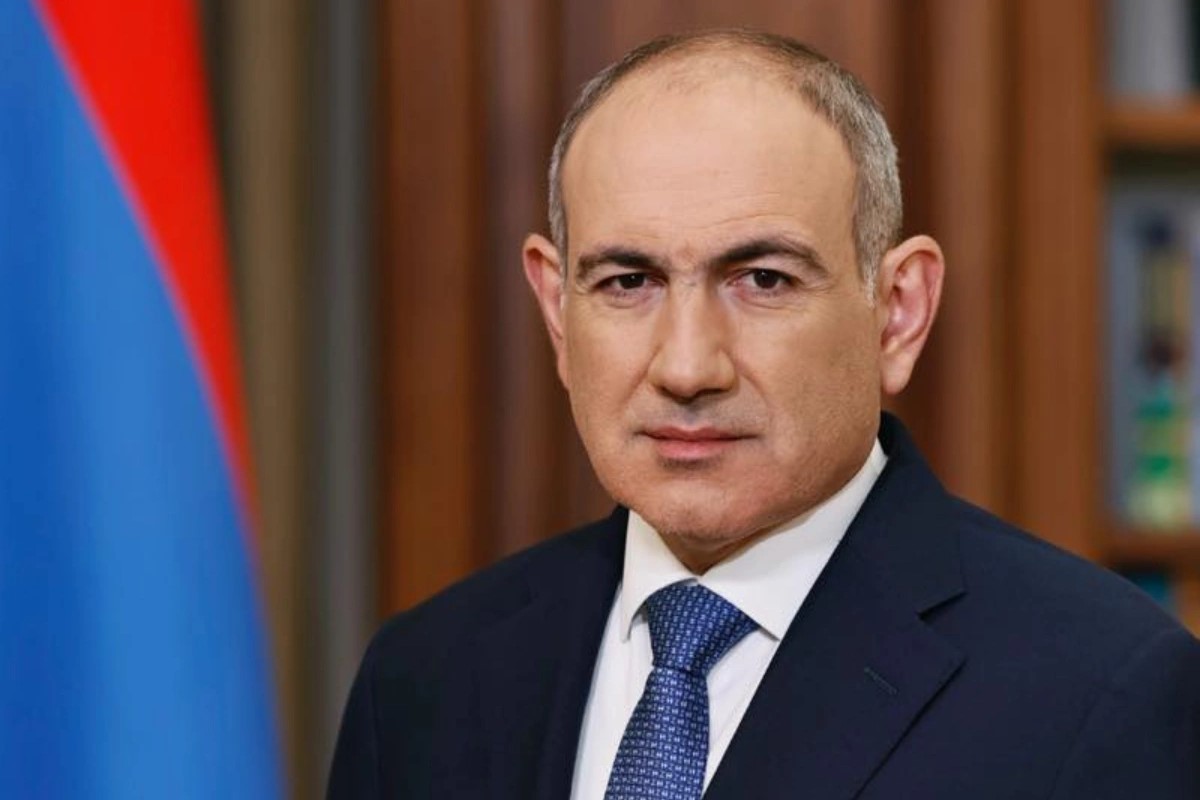 PASHINYAN INTRODUCES A NEW APPROACH TO THE PRESENTATION OF THE GENOCIDE ALLEGATION
PASHINYAN INTRODUCES A NEW APPROACH TO THE PRESENTATION OF THE GENOCIDE ALLEGATION




























